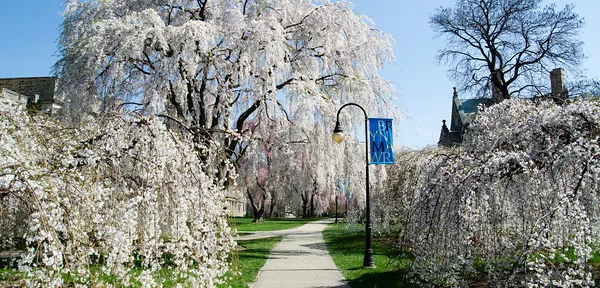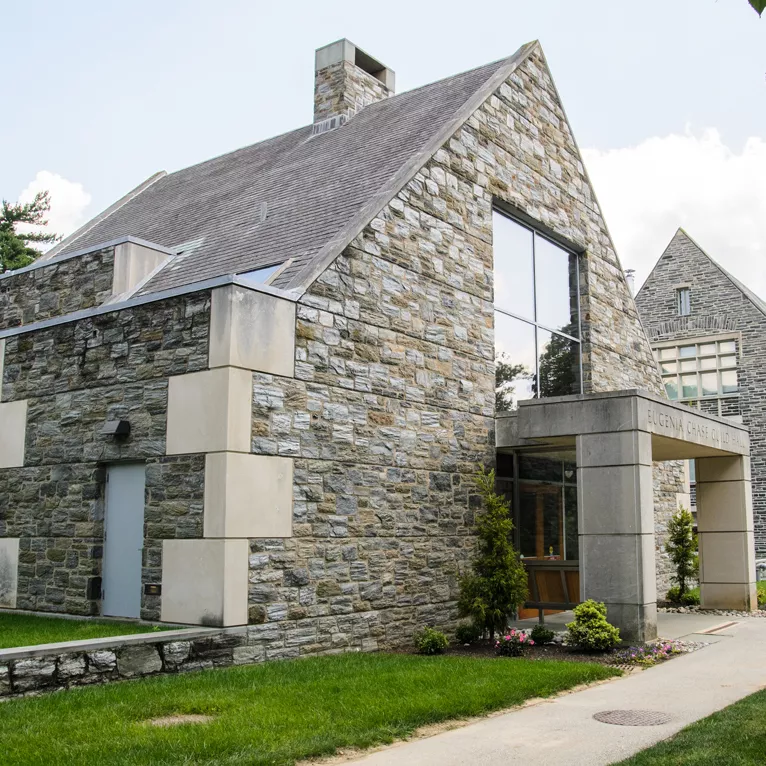
Audio Recording Lectures
Audio Recording Lectures
The use of an audio recording device to record lectures provides students with certain disabilities a reasonable accommodation to assist them in receiving and processing information presented in class by supporting their notetaking needs. As with all accommodations, this accommodation is determined and approved on an individual basis.
Approved methods of audio recording may include use of an audio recording device, a Livescribe pen, or the use of recording software on a laptop or a cellular phone (e.g., Glean, AVA, Audio Note, Otter.ai). Students who have been granted the accommodation of audio recording class lectures may do so subject to the following conditions:
- The student agrees to stop recording when asked by the professor and/or when anyone other than the professor is speaking
- The student must use the recording for his/her own personal use and may not disseminate or share the recordings with others, including publicly accessible web environments or file-sharing sites
- The student’s sole purpose for recording is to use the recording as a study aide
- The student agrees to destroy the recordings at the conclusion of the semester or sooner if they withdraw from the course
Students who have been granted permission to audio record class lectures as an accommodation must agree to abide by each of these provisions. Audio recording outside of the typical classroom experience (including fieldwork, internships, etc.) must be discussed on a case-by-case basis in collaboration with the professors, programs, site and/or Access Services as appropriate.
Classes That Involve Sensitive Material (i.e., Self-Disclosure)
Occasionally, professors raise concerns regarding recording classes that involve a great deal of self-disclosure, personal reflection, or confidential discussions from students or presenters as part of the class, believing that the recording device may inhibit students from sharing freely or that participants may be concerned about a lack of anonymity. However, it is important to remember that the use of the recording device is an accommodation which substitutes for and/or supports the student’s note-taking. If certain open discussions are not appropriate subject matter for any student to be taking notes, then it would be appropriate to require all students to stop note-taking, and in that instance, it is permissible also to require turning off any recording devices. Appointing a single notetaker for the class, with one, official set of notes to be posted to Moodle or another shared site may be another alternative for professors to discuss with Access Services.
If professors have questions or concerns regarding the recording of their class discussions, or the nature of the information presented and discussed, please consult with Access Services. Unless otherwise approved by Access Services, however, permission to record must be implemented upon receipt of the verification letter presented by the student to the professor.
Privacy and Copyright Issues
A professor may have concerns with recording in relation to their own presentations, either for reasons of privacy or because they wish to protect the copyright of their own materials. However, these concerns must not override the student’s right to accommodation.
For more information on the rights of students approved for Audio Recording Lectures, please see the Office for Civil Rights – Q & A Regarding Audio Recording.
Access Services will work with professors to help address their concerns about privacy and protection of copyright, while still assuring the accommodations determined by Access Services to be necessary for the student. In some instances, the adoption of an agreement between the professor and student that details the specific limited use of the recordings and arranges for their disposal when the purpose of the recording has been fulfilled, can be reassuring. Please note, however, that Access Services must be involved in navigating such agreements and will work with professors and students to develop and implement them.

Contact Us
Access Services
Access Services
Eugenia Chase Guild Hall
Room 103 and 104
101 N. Merion Ave.
Bryn Mawr, Pennsylvania 19010
accessservices@brynmawr.edu